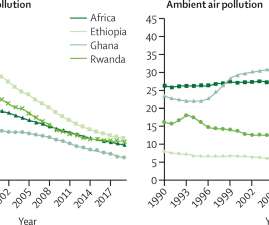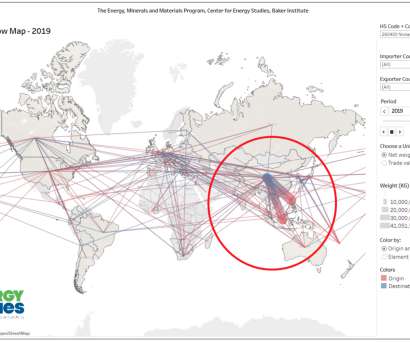UC Davis report proposes mileage fee for EVs, maintaining fuel tax for ICEs to support road repairs
Green Car Congress
JANUARY 4, 2019
Since electric vehicles use no gasoline, EV drivers pay no gasoline tax. As more people drive EVs, gas-tax revenue for road repairs is dwindling. Lastly, we examine alternative funding mechanisms include a fuel tax for hydrogen and electricity, as well as a road user charge (RUC).





























Let's personalize your content